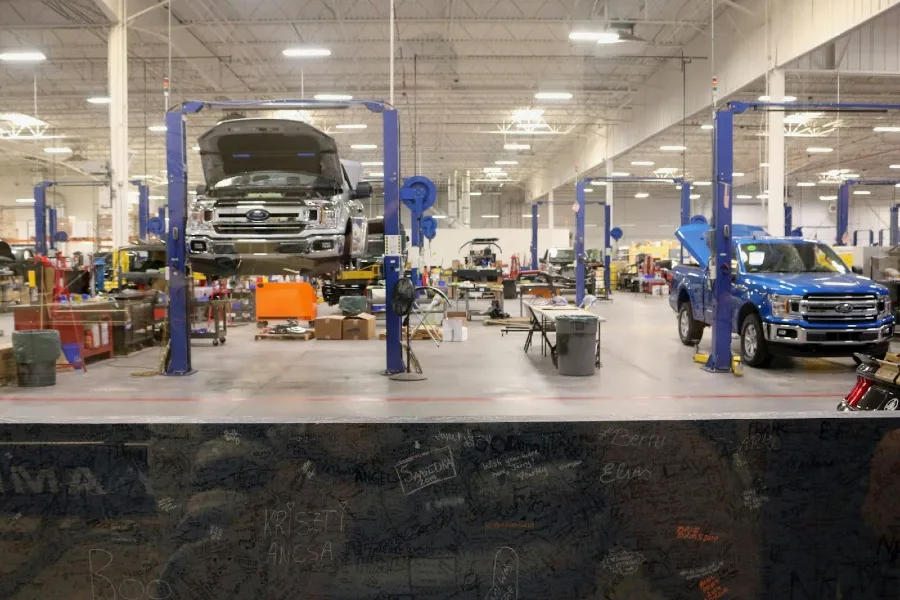What Happens If My Car is Recalled?
As a vehicle owner, discovering that your car has been recalled can be unsettling. Recalls are issued when a defect or safety concern is identified in a vehicle, requiring corrective action to ensure the safety and functionality of the vehicle. In this comprehensive guide, we’ll explore what happens if your car is recalled, the steps involved in the recall process, and your rights as a consumer.
Understanding Recalls
A vehicle recall occurs when a manufacturer identifies a safety-related defect or non-compliance with federal safety standards in a particular make or model of vehicle. This defect could pose a risk to the safety of drivers, passengers, or others on the road. Recalls can be initiated by the manufacturer voluntarily or mandated by government regulatory agencies such as the National Highway Traffic Safety Administration (NHTSA) in the United States.
Notification process
When a recall is issued for your vehicle, the manufacturer is required to notify you by mail. This notification will typically include details about the nature of the defect, potential risks associated with it, and instructions on how to address the issue. Additionally, the manufacturer will provide information on where and how to have the defect repaired, often at no cost to the vehicle owner.
Steps to Address the Issue
If you receive a recall notice for your vehicle, it’s important to take prompt action to address the issue. Here are the steps you should take:
- Read the Recall Notice: Carefully review the recall notice to understand the nature of the defect and any associated risks.
- Contact the Dealership: Reach out to an authorized dealership for your vehicle’s make to schedule an appointment for the necessary repairs. The dealership will typically handle the repairs free of charge.
- Schedule Repairs: Once you’ve scheduled an appointment, bring your vehicle to the dealership at the designated time for the necessary repairs. Depending on the nature of the recall, the repairs may take varying amounts of time to complete.
- Keep Documentation: Be sure to retain all documentation related to the recall repairs for your records. This may include repair receipts, correspondence with the manufacturer or dealership, and any other relevant documents.
Recalls Without a Fix
It is required by law for automakers to notify people with a recall after a safety defect is discovered even if they do not have a fix for the issue at the moment. Depending on the severity of the recall, actions you take can vary. If the issue is not so severe, continue driving your car but with added caution, until you can fix the issue. If it is severe, it may be worth contacting your dealership for a loaner car or to repurchase the vehicle. If that does not work, than try contacting the manufacturer directly. Last resort for the issue, would be to contact a West Virginia Products Liability lawyer.
Your Rights as a Consumer
As a consumer, you have certain rights when it comes to vehicle recalls. These rights are designed to protect you and ensure that manufacturers take appropriate action to address safety-related defects. Some key rights include:
- Right to Free Repairs: Manufacturers are required to provide free repairs for recalled vehicles, including parts and labor costs.
- Right to Compensation: In some cases, vehicle owners may be entitled to compensation for expenses incurred as a result of the recall, such as rental car fees or transportation costs.
- Right to Information: Manufacturers must provide clear and accurate information about the nature of the defect, potential risks, and instructions for addressing the issue.
- Right to a Safe Vehicle: Above all, consumers have the right to expect that the vehicles they purchase are safe and free from defects that could pose a risk to their safety or the safety of others on the road.
Lemon Law
A lemon car is a car that has several manufacturing issues that affect the safety of the vehicle. The lemon law protects these car owners by getting the manufacturer of the vehicle to buy back the car or replace it, even if there is no recall.
The West Virginia Lemon Law (46A-6A-1 – 46A-6A-9) covers vehicles that are primarily used for personal, family or household reasons. It covers 3 repair attempts or 30 days out of service, whichever is first, 1 attempt for a dangerous car condition, as well as warrenty for 1 year.
Conclusion
Discovering that your car has been recalled can be concerning, but it’s important to understand the recall process and your rights as a consumer. By taking prompt action to address the issue and staying informed throughout the process, you can ensure the safety and functionality of your vehicle. If you have any questions or concerns about a vehicle recall, don’t hesitate to reach out to the manufacturer or an authorized dealership for assistance.



